By Deepali Verma (SME – Nutrition FriskaAi)
When people hear the word “fat”, many instantly think of weight gain, clogged arteries, and foods to avoid. For years, fat has been painted as the villain of nutrition. But as someone who has spent decades guiding people through the maze of diets, health trends, and scientific research, let me tell you: fat is not the enemy.
In fact, fat is one of the most beautifully complex nutrients in our diet. It can heal or harm, energize or inflame—depending on its type, source, and how we consume it.
So, let’s have a very honest conversation. I’ll take you through when fat is your best friend and when it quietly turns against you. My goal is simple: to help you enjoy food without fear, while protecting your heart, brain, and long-term health.
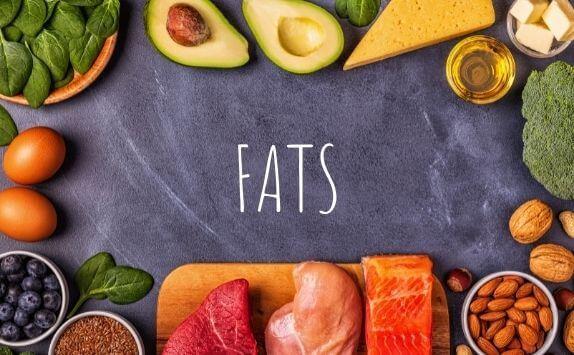
Why We Need Fat (Yes, We Do!)
Imagine building a house without cement—it just won’t stand. Similarly, our body cannot function without fat. Here’s why:
- Fat gives us energy—more than double what carbs or protein provide.
- It carries vitamins A, D, E, and K, which simply cannot be absorbed without fat.
- It builds our cell walls, cushions our organs, and even helps us think, because the brain itself is nearly 60% fat.
- Many of our hormones (like estrogen, testosterone, cortisol, thyroid hormones) are built on fat. This means too little fat in your diet can disturb your menstrual cycle, fertility, mood, and metabolism.
On average, about 25–35% of your daily calories should come from fat. For a 2,000-calorie diet, that’s roughly 55–75 grams of fat a day, with most of it from healthy sources.
So, removing fat from your diet is like trying to run a car without fuel. The real question is not “should I eat fat?” but “which fats should I eat—and in what amount?”
The Healthy Fats: Nature’s Gift
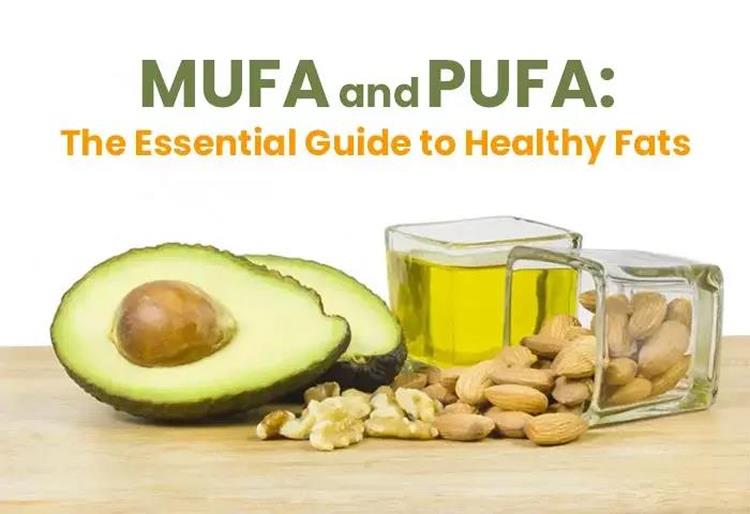
Monounsaturated Fats – The Everyday Protectors
Think olive oil drizzled over salad, creamy avocado on toast, or a handful of almonds. These fats are like gentle healers:
- They lower “bad” cholesterol (LDL).
- They support heart health and may even boost mood.
- They are key players in the famous Mediterranean diet, which has been linked to longer life and healthier aging.
A small but powerful change—switching from butter to olive oil—has even been shown in research to reduce early death risk by 17%. That’s how protective these fats are.
Polyunsaturated Fats – The Brain Boosters
These include the famous omega-3s and omega-6s. We cannot make them ourselves; they must come from food.
- Omega-3s (found in salmon, chia, flax, walnuts) reduce inflammation, protect the heart, and keep the brain sharp. Recent research even found that women with Alzheimer’s had unusually low omega-3 levels—showing just how crucial these fats are for memory and cognition.
- Omega-6s, found in seed oils like sunflower and soybean, are often misunderstood. Contrary to internet myths, they do not cause inflammation when eaten in normal amounts. In fact, recent studies suggest they may reduce diabetes risk and support metabolism.
So don’t fear that drizzle of sunflower oil in your curry or stir-fry. When balanced with omega-3s, these oils are allies, not enemies.
SO, THE KEY IS BALANCE
The Question of Saturated Fat: The Gray Zone
Here’s where things get confusing. Saturated fat is found in ghee, butter, red meat, and coconut oil. For decades, we were told to avoid it completely. The truth is more nuanced.
- Too much saturated fat can raise LDL cholesterol and increase heart disease risk.
- But not all saturated fats are equal. Some forms may not be as harmful as once thought.
- The real danger is when we replace saturated fat with refined carbohydrates—like white bread, pastries, and sugary snacks. That swap does more harm than good.
So, what should you do? Moderation. Enjoy your spoon of ghee or piece of cheese—but balance it with vegetables, whole grains, and healthier oils. Think of saturated fat as a “sometimes food,” not a daily staple.
The Villain Fats: Trans Fats
This one is simple: avoid them completely.
Artificial trans fats, found in margarine, bakery shortenings, and many packaged foods, are harmful even in tiny amounts. They raise bad cholesterol (LDL), lower good cholesterol (HDL) and fuel inflammation. Thankfully, many countries have banned them, but always check labels for “partially hydrogenated oils.”
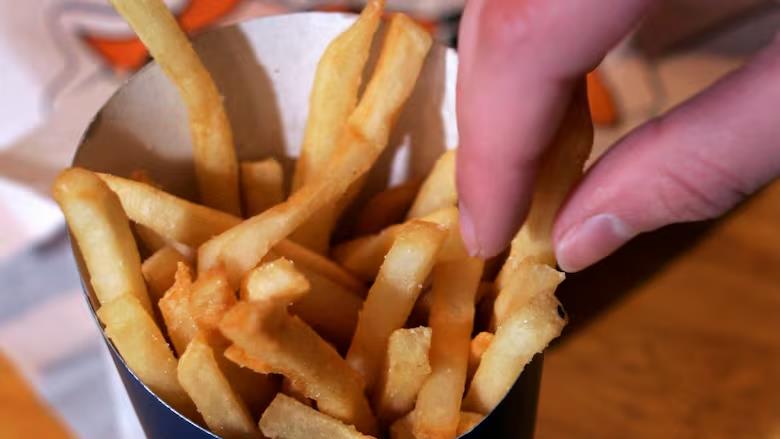
When Fat Turns Against Us
The danger is not only in which fat we eat, but also in how and how often.
- Eating meal after meal loaded with saturated fat (say, fried foods and buttery desserts back-to-back) can disturb gut health in just two days, suppressing protective gut proteins. That means silent inflammation inside your body, even if you don’t feel it.
- Consuming too little omega-3 over time may impair brain function, especially in women.
- Relying on heavily processed fats—deep-fried snacks, fast food oils—creates a cycle of inflammation, weight gain, and metabolic disease.
Simple Everyday Shifts (That Truly Work)
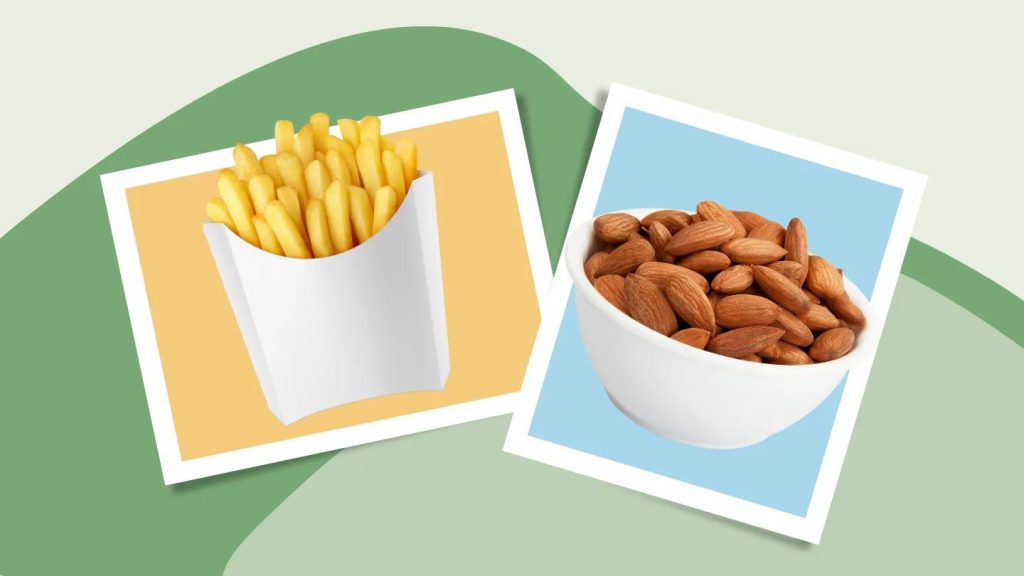
Here’s what I advise my patients, in the simplest possible way:
- Cook more with olive or mustard oil. Save ghee for flavor, not as your main fat.
- Eat oily fish twice a week (or add flaxseed/chia if vegetarian).
- Snack on nuts and seeds instead of chips or biscuits.
- Add avocado or nut butter to meals instead of processed spreads.
- Use eggs without guilt. New research shows two eggs a day can actually lower bad cholesterol for many people.
- Cut trans fats completely. If a label says “hydrogenated,” put it back.
- Balance, don’t ban. A small pat of butter on your toast won’t ruin your health if the rest of your plate is colorful, wholesome, and balanced.
The Bigger Picture: Food as a Pattern, Not Pieces
What truly matters is not one nutrient, but the pattern of your diet. A drizzle of olive oil in a salad packed with vegetables and legumes is completely different from the same oil deep-frying a packet of chips.
Think in terms of your plate:
- Is it colorful?
- Is it more fresh food than packaged?
- Are your fats mostly from plants, nuts, seeds, and fish?
If yes, then your fats are working for you—not against you.
Final Thoughts
Fat is like fire. In the right place, it cooks our food, warms our homes, and brings comfort. Out of control, it can destroy.
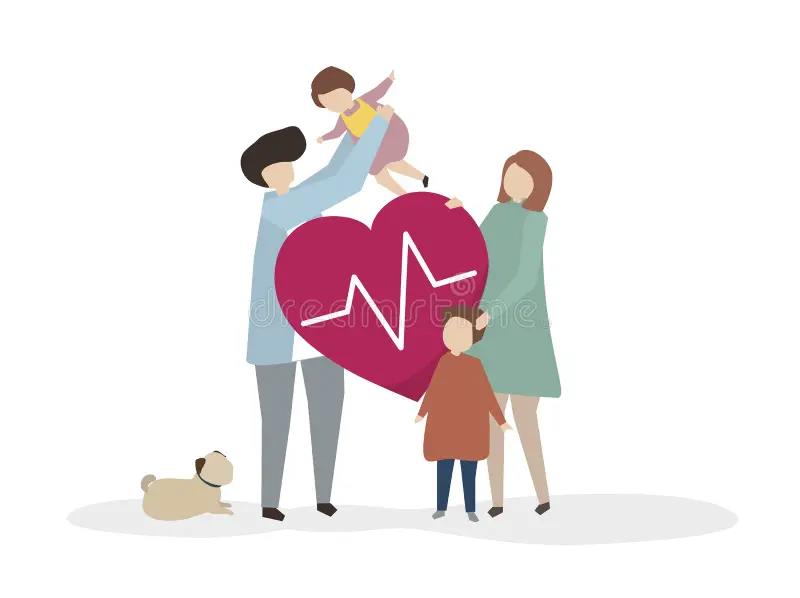
So don’t fear fat. Respect it. Choose the kinds that nourish your heart, brain, hormones, and gut. Let it be part of a balanced plate, not the star of every meal.
Because at the end of the day, food is not just about nutrients—it’s about life, memory, and joy. And fat, when chosen wisely, can be part of a long, healthy, and fulfilling journey.
Deepali Verma
SME – Nutrition
References
https://www.heart.org/en/healthy-living/healthy-eating/eat-smart/fats
https://www.researchgate.net/publication/229976090_Health_effects_of_oxidized_heated_oils
https://lipidworld.biomedcentral.com/articles/10.1186/s12944-020-01256-0
https://www.heart.org/en/healthy-living/healthy-eating/eat-smart/fats/trans-fat
https://www.health.harvard.edu/staying-healthy/the-truth-about-fats-bad-and-good




